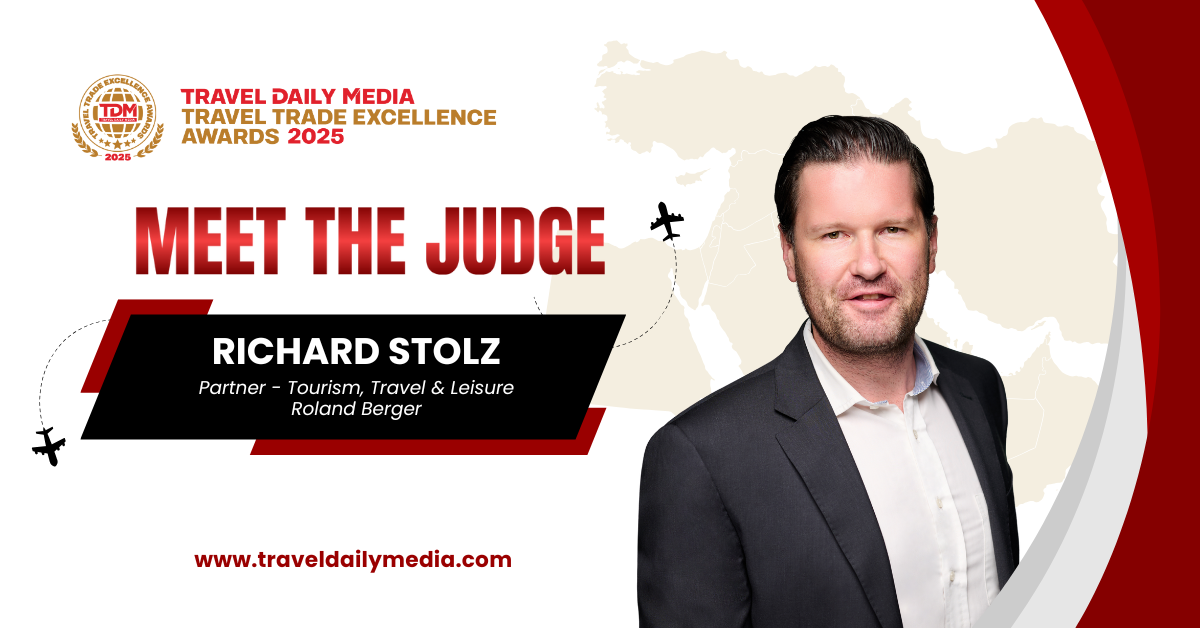The Evolving Landscape of Middle Eastern Tourism
The tourism industry in the Middle East is navigating a transformative phase, adapting to changing traveller expectations and market dynamics. As this region solidifies its position as a global travel hub, understanding these shifts becomes crucial for businesses aiming to thrive in this competitive landscape.
Key Market Shifts and Visitor Expectations
The ongoing increase in visitor numbers in hotspots like Dubai and Abu Dhabi highlights the Middle East’s growing appeal. Richard Stolz, a Partner at Roland Berger with over 14 years of consulting experience, underscores the significant impact of source market volume, notably from regions such as the CIS, the Indian Subcontinent, and Mainland China. “All key players in the tourism value chain are essential for delivering an exceptional traveller experience,” Stolz emphasizes. This interplay includes airports, airlines, ground transport, and hospitality providers, marking a collaborative approach essential for success.
Adapting to Changing Traveller Demands
To remain competitive, businesses need to tailor their services according to evolving traveller expectations. This means offering diverse options, including:
- Culturally diverse food and beverage offerings
- Multilingual signage to aid different nationalities
- Availability of tour guides fluent in key languages like Mandarin
Destination Management Companies (DMCs) are encouraged to provide packaged tours directly to consumers in key source markets, aligning their products with the preferences of modern travellers.
Tackling the Talent Challenge
Stolz highlights the ongoing challenge of attracting and retaining skilled talent within the tourism and hospitality sector. To address this, companies should promote a balanced work-life environment paired with attractive training and development opportunities. Collaborations with reputable tourism and hospitality schools, particularly in the Middle East, can also foster a skilled workforce capable of sustaining competitive excellence.
The Human Touch: Balancing Innovation and Personal Interaction
While technological advancements continue to revolutionize the tourism sector, maintaining a personal touch remains critical. Stolz suggests that fostering motivated, real teams within organizations is vital in preserving the essence of hospitality. Innovation should complement human interaction rather than replace it, ensuring that travellers feel valued and understood.
Looking Forward: Future Trends in Tourism
Several upcoming trends are expected to reshape the tourism landscape in the region. Among them:
- Longer average stays: Destinations like Dubai and Abu Dhabi are becoming attractive for extended visits, leading to a shift away from their traditional image of short-term vacation spots.
- Emerging destinations in Saudi Arabia: The kingdom is rapidly developing new tourism attractions, which will diversify the GCC’s offerings and enhance overall travel experiences.
Award-Winning Standards in Tourism
As a judgeship for the TDM Travel Trade Excellence Awards 2025 in the Middle East, Stolz emphasizes the need to recognize organizations that consistently deliver top-notch traveller experiences. By setting the bar high for excellence, these entities are vital for elevating the industry’s standards.
Conclusion: Embracing Change in the Tourism Sector
The Middle East stands at a crucial juncture in its tourism journey. Its potential is immense, yet harnessing this potential will require businesses to adapt strategies proactively. Though ratings and reviews may provide useful insights, nothing beats personal experiences when choosing services. With GetTransfer.com, individuals can hire a car with a driver from verified providers at competitive prices, ensuring they make informed travel decisions without unnecessary costs. This platform allows travellers to benefit from a wide range of vehicle choices and additional options, making it a user-friendly solution for booking transfers and trips. Book your ride today on GetTransfer.com.

 Emerging Trends in Middle Eastern Tourism: Insights and Opportunities">
Emerging Trends in Middle Eastern Tourism: Insights and Opportunities">
التعليقات